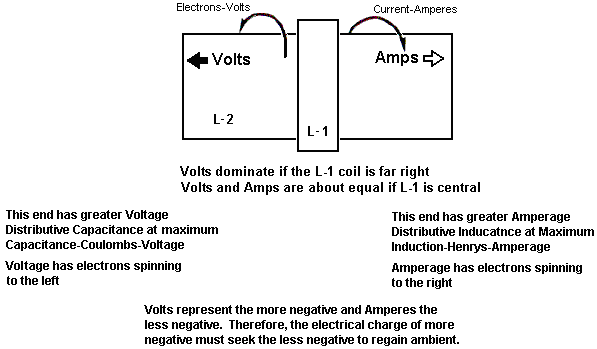What Is The Relationship Between Amperage Voltage And Power

You can increase the power generated by the waterwheel in two ways.
What is the relationship between amperage voltage and power. The water pressure would be the voltage. Two of the foundational components of electrical study are amperage and voltage and are generally misinterpreted by those trying to understand the subject. Volts are the base unit used to measure voltage. A or amps or amperage.
Current cannot flow without voltage. 1400 watts 120 volts 11 67 amps so 12 amps is close to equal 1400 watts. V or volts or voltage. Power can also be expressed using conductance as.
Amp an ampere is the unit for measuring electricity. Watts would be the power volts x amps the water could provide think back to the old days when water was used to power mills. In an electrical system power p is equal to the voltage multiplied by the current. The water analogy still applies.
P i 2 g v 2 g. Learn vocabulary terms and more with flashcards games and other study tools. Current is the effect voltage being the cause. Hence sciencestruck helps you understand the difference.
If i asume that there are 120 volts i get. One volt is defined as the difference in electric potential between two points of a conducting wire when an electric current of one ampere dissipates one watt of power between those points the volt is named after the italian physicist alessandro volta. Take a hose and point it at a waterwheel like the ones that were used to turn grinding stones in watermills. The power is voltage times amperage or amperage power divided by voltage.
The faster the water is flowing higher the pressure can be equated to voltage. Start studying what is the relationship between power voltage and current. The relationship between voltage v and current i in a circuit of constant resistance r would produce a straight line i v relationship with slope equal to the value of the resistance as shown. Think of power as total volume of water being pumped into a bucket.
Voltage also called electromotive force is the potential difference in charge between two points in an electrical field. Electrical power is measured in watts. In other words voltage is the energy per unit charge. The inability to see the actual electrical forces and the flow of charges has always been a challenge to those trying to perceive the basic electrical concepts at most of the time.
Think of voltage as the flow rate or speed of the water.


















